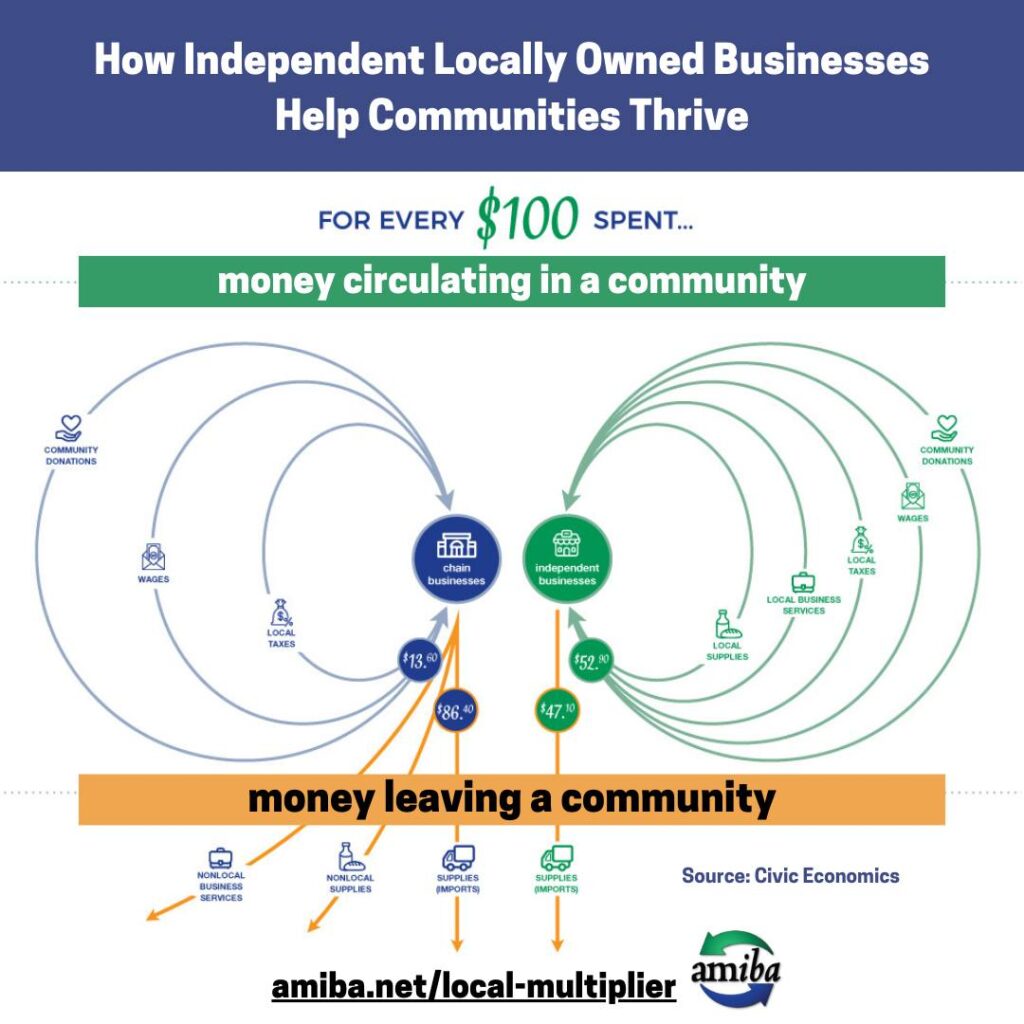Do you remember playing Monopoly as a kid? It begins with that fun, anything-is-possible, the sky-is-the-limit feeling mixed with a little “This time, I will CRUSH my sister”? The first several turns around the board, as players land on properties and decide whether to buy and develop them, are exciting! Everyone is still flush with cash and many opportunities for wealth acquisition are open to all the players. You even have guaranteed income—$200 each time you make it around the board. It’s a cheerful little capitalistic world.
After several rounds, the game gets more intense. Decisions, strategies, and luck leave some with more means to continue to increase their wealth at the expense of others. Properties become increasingly concentrated in the hand of one or two players. As opportunities to stay financially afloat become increasingly difficult for the rest, the chasm between haves and have-nots continues to grow at an accelerated rate.
Before you know it, one or two players have exclusive possession or control of the board, and the rest are feeding their wealth with every move they make. It’s hard for anyone else to level the playing field, let alone dominate the board at this point. The writing is on the wall. Your sister is going to crush you once again. This is your cue to start to cry and flip the board over in a rage.
The genius of Monopoly the game is how well it replicates some of the aspects of monopoly as an economic construct. Monopolies concentrate decision-making as it relates to supply chains and pricing, leaving everyone who isn’t part of that monopoly subservient to those pulling the levers. Once monopolies are running the show, more and more of the money we make enriches them at the expense of our own financial security.
Monopoly is a losing game. AMIBA is here to help small businesses flip the board.
Dana Eness, Executive Director of The Urban Conservancy


